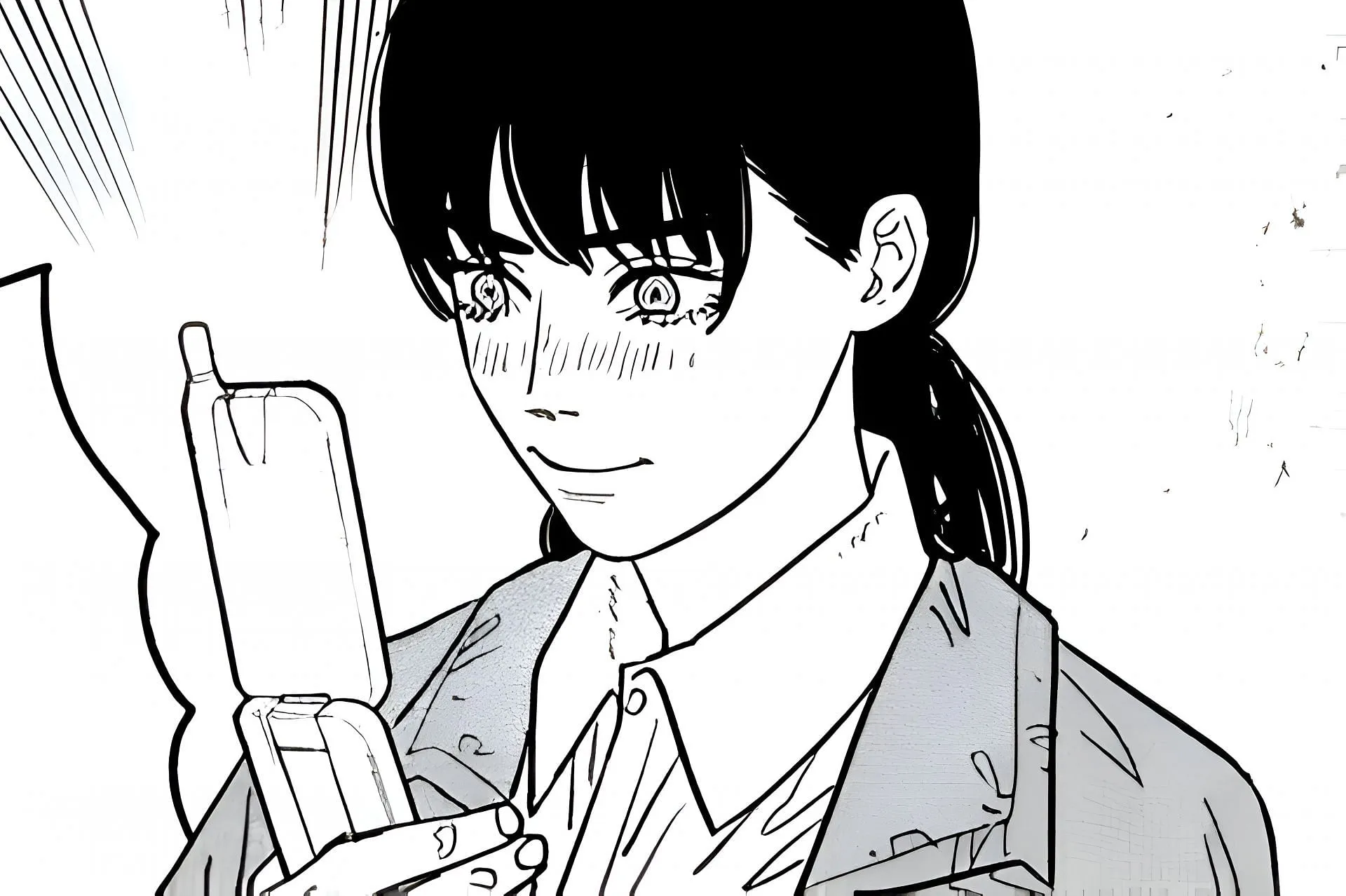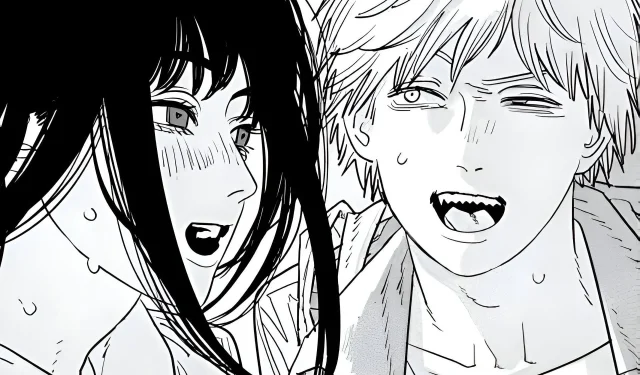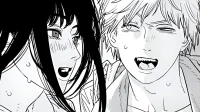Chainsaw Man masterfully navigates the dichotomy of human vulnerability against a backdrop of gory monsters. A recent chapter featuring Asa Mitaka encapsulates this tension perfectly with the poignant tagline, “Never knows best.”This phrase underscores her internal struggles, agonizing choices, and the heavy burden of guilt she bears. The emotional richness of the narrative elevates the series beyond mere violence, solidifying its place as a modern classic in the manga industry.
Through Asa’s trembling hands and tear-stained visage, creator Tatsuki Fujimoto effectively captures the essence of her inner turmoil, weaving a deeply resonant tale. Chainsaw Man adeptly depicts the fierce struggle for survival, showcasing the dual battles of physical confrontations and emotional resilience as characters contend with a world bent on their destruction.
Disclaimer: The views and interpretations discussed herein are those of the author.
Asa Mitaka: Navigating Fear, Guilt, and Responsibility in Chainsaw Man
In this chapter, Asa’s journey traverses a spectrum of emotional states: determination spirals into crippling fear, culminating in an overwhelming sense of guilt. “I can’t! I’m scared!”she cries, her voice trembling as fear envelops her. Such vulnerability not only deepens her character but also forges a relatable figure amid the supernatural chaos.
Her heart-wrenching realization, “A bunch of people died…cuz of the devil inside me,”poignantly illustrates the heaviness of the responsibility she bears. This guilt serves as a compelling force that shapes her actions and her interactions with those around her. The emotionally charged sequence is particularly impactful as it diverges from typical shonen manga tropes.
Unlike traditional narratives, Asa acknowledges her limitations, refraining from recklessly barreling through every obstacle. “I was an idiot to get duped!”she exclaims, displaying an admirable level of self-awareness. Moreover, her statement “I can’t speak up”poignantly captures a shared human experience: the paralysis that accompanies critical moments of communication.
Denji and Asa: Exploring Human Connection, Trauma, and the Man-Devil Dichotomy in Chainsaw Man
Denji’s role as a source of emotional support highlights one of the most profound strengths of Chainsaw Man: its nuanced understanding of human connection. Despite his own traumatic history, Denji urges Asa to focus on life’s positive aspects rather than succumbing to the fear of death.
This approach reflects a survival mechanism forged from shared suffering, suggesting that collective trauma can foster extraordinary empathetic bonds. Their relationship illustrates how connections can transcend the conventional boundaries typically seen in storytelling.

The artistry in the manga, with its expressive line work capturing subtle emotional shifts, reinforces these themes. Close-up depictions of tear-filled eyes and anxious hand gestures convey emotional truths that often transcend verbal expression. The stark monochromatic palette evokes a visceral emotional landscape that resonates deeply with readers.
Moreover, Asa’s psychological struggle reflects one of Chainsaw Man‘s core themes: the ambiguous boundary between humans and devils. She grapples with her inner demons both literally and metaphorically, echoing significant existential questions throughout the series.
What degree of control do we have over our darker urges? When external forces shape our actions, where does our individual responsibility begin and end? These philosophical themes morph potential surface-level horror into genuinely meaningful storytelling.
Conclusion: Embracing Internal Struggles in Chainsaw Man
What sets Chainsaw Man apart is its willingness to allow characters to confront their breakdowns, embracing their fears and failures without casting judgment. While many series primarily depict external power struggles, Fujimoto emphasizes the importance of the internal battles that ultimately determine the value of victory.
Through Asa’s evolving journey, readers glean that true strength lies in moving forward despite fear and acknowledging guilt without letting it consume us. Our aspirations as readers extend beyond the characters’ triumphs over adversaries; we also yearn for their quests for inner peace.
Chainsaw Man retains its authentic human essence amid supernatural chaos, illustrating that real conflict unfolds within individuals’ hearts and minds.


